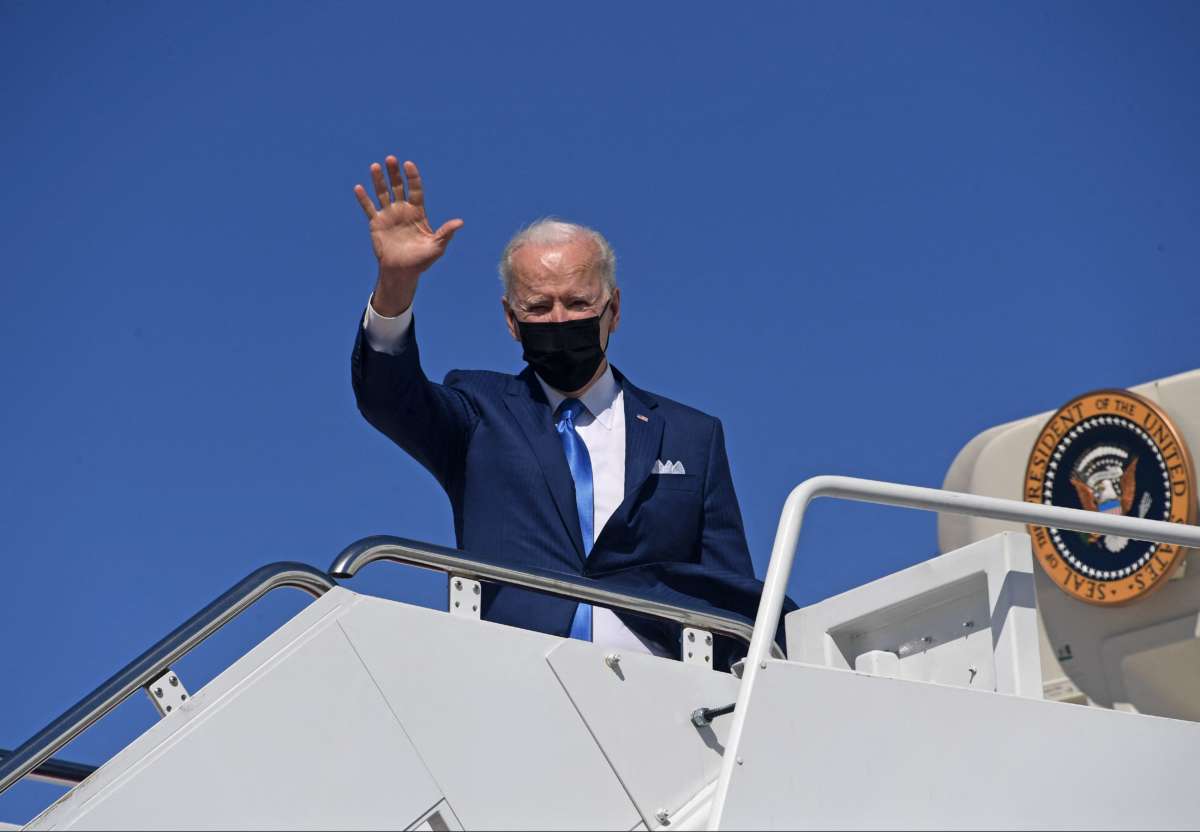by C.J. POLYCHRONIOU

President Joe Biden’s domestic policies, especially on the economic front, are quite encouraging, offering plenty of hope for a better future. The same, however, cannot be said about the administration’s foreign policy agenda, as Noam Chomsky’s penetrating insights and astute analysis reveal in this exclusive interview for Truthout. Chomsky is a world-famous public intellectual, Institute Professor Emeritus at MIT and Laureate Professor of Linguistics at the University of Arizona.
C.J. Polychroniou: Noam, two months after being in the White House, Biden’s foreign policy agenda is beginning to take shape. What are the signs so far of how the Biden administration intends to address the challenges to U.S. hegemony posed by its primary geopolitical rivals, namely Russia and China?
Noam Chomsky: The challenge to U.S. hegemony posed by Russia and particularly China has been a major theme of foreign policy discourse for some time, with persistent agreement on the severity of the threat.
The matter is plainly complex. It’s a good rule of thumb to cast a skeptical eye when there is general agreement on some complex issue. This is no exception.
What we generally find, I think, is that Russia and China sometimes deter U.S. actions to enforce its global hegemony in regions on their periphery that are of particular concern to them. One can ask whether they are justified in seeking to limit overwhelming U.S. power in this way, but that is a long distance from the way the challenge is commonly understood: as an effort to displace the U.S. global role in sustaining a liberal rule-based international order by new centers of hegemonic power.
Do Russia and China actually challenge U.S. hegemony in the ways commonly understood?
Russia is not a major actor in the world scene, apart from the military force that is a (very dangerous) residue of its earlier status as a second superpower. It does not begin to compare with the U.S. in outreach and influence.
China has undergone spectacular economic growth, but it is still far from approaching U.S. power in just about any dimension. It remains a relatively poor country, ranked 85th in the UN Human Development Index, between Brazil and Ecuador. The U.S., while not ranked near the top because of its poor social welfare record, is far above China. In military strength and global outreach (bases, forces in active combat), there is no comparison. U.S.-based multinationals have about half of world wealth and are first (sometimes second) in just about every category. China is far behind. China also faces serious internal problems (ecological, demographic, political). The U.S., in contrast, has internal and security advantages unmatched anywhere.
Take sanctions, a major instrument of world power for one country on Earth: the U.S. They are, furthermore, third-party sanctions. Disobey them, and you’re out of luck. You can be tossed out of the world financial system, or worse. It’s pretty much the same wherever we look.
Truthout for more